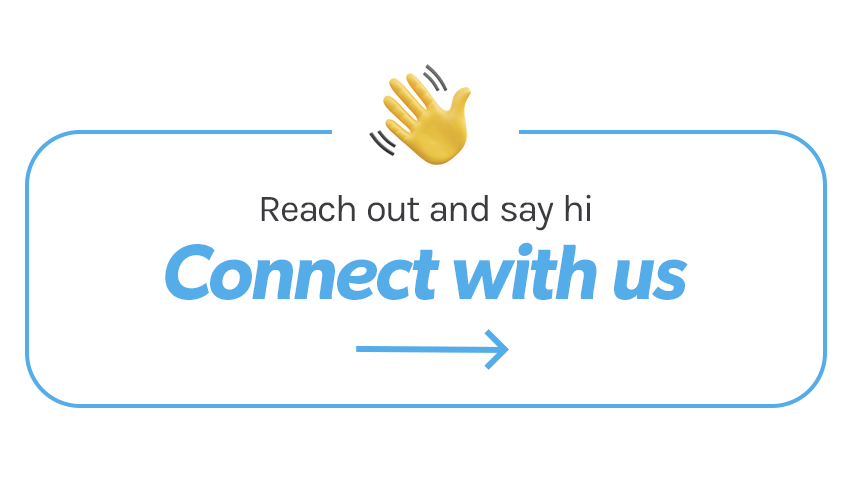Even with all the planning in the world, as any marketing manager will know, a crisis can strike at any time and usually when least expected! Mastering the art of handling these challenges with finesse is crucial for safeguarding your brand’s reputation and one invaluable tool in your arsenal is emotional intelligence.
Often referred to as EQ, emotional intelligence is the ability to recognise, understand and manage emotions in yourself and others. It involves empathy, self-awareness, self-regulation, social skills and motivation – all essential elements when navigating the turbulent waters of a media crisis.

As a marketer, having a high EQ can help you better understand your audience’s needs and desires, enabling you to tailor your messaging to resonate with them and connect on a deeper level, which is never more important than during a crisis situation.
Empathy: The key to effective crisis management
During a media crisis, it’s crucial to put yourself in the shoes of your stakeholders. What are their concerns, fears and frustrations? This will help you respond in a way that resonates with your audience and shows them that you genuinely care.
- Acknowledge emotions – recognise the emotions of your audience. Whether they are angry, confused or upset, acknowledging their feelings is the first step to addressing their concerns effectively.
- Listen actively – pay attention to social media conversations, comments and feedback. Empathy is built on understanding.
Self-awareness: Managing your own emotions
Maintaining your composure during a media crisis is paramount. As a marketing manager, your emotional state can set the tone for your whole team’s response.
- Stay clam – practice self-regulation and remain level-headed, even in the face of adversity.
- Understand your triggers – identify your emotional triggers and work on managing them. In doing so you can make informed decisions rather than reacting impulsively.
Social skills: Effective communication
Communicating clearly and persuasively is fundamental in managing a media crisis.
- Transparent communication – be open and honest. Share what you know and what steps you’re taking to address the crisis. Trust is built on transparency.
- Tone and language – pay close attention to the tone and language you’re using. Empathetic and respectful communication can go a long way in diffusing any tension.
Motivation: A drive to resolve
Motivation is the engine that drives you to resolve the crisis swiftly and effectively.
- Stay focused – keep your eyes on the end goal to resolve the crisis and rebuild trust with your audience.
- Learn and adapt – treat a crisis as a learning opportunity. What could you do better in the future? How can you prevent similar issues from happening again? Use the crisis as a stepping stone for improvement.

With news available in an instant thanks to social media, a media crisis can unfold within minutes and spiral out of control just as quickly. Applying emotional intelligence to manage these situations is not just a strategy – it’s a necessity! By taking the time to understand your audience’s emotions, managing your own and communicating with empathy and transparency, you can transform a challenge into a triumph and turn a crisis in to an opportunity for growth.
If you’re in need of expert guidance to revamp or create your crisis communications plan, get in touch with us: hello@adpr.co.uk or request a call back. Whether it’s updating your existing plan or crafting a new one from scratch, we specialise in safeguarding your brand’s reputation and resilience during challenging times.
For a more in-depth discussion on emotional intelligence in leadership, you may like to listen to this episode of the Revitalise & Grow podcast.


